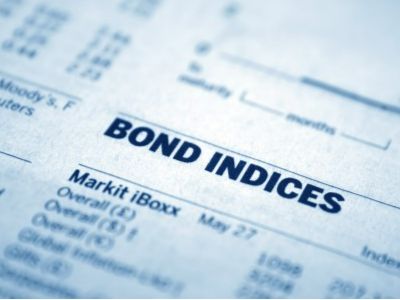Fubon Fund: Hong Kong stocks are expected to experience significant volatility next year amid China's large-scale deleveraging period.
2024-11-29 15:31
Fubon Fund Management (Hong Kong) investment manager Jia Mengting expects that during China's large-scale deleveraging period, the performance of Hong Kong stocks will be more volatile, with fluctuations as high as 20% to 50%. Therefore, she recommends adopting a high dividend strategy.
Fubon Fund Management (Hong Kong) Investment Manager Jia Mengting expects that during the deleveraging cycle in China, the Hong Kong stock market will experience significant fluctuations, with volatility potentially reaching 20% to 50%. Therefore, she suggests adopting a high dividend stock strategy. She believes that developed countries have generally gone through real estate deleveraging cycles, but she does not think China will enter a years-long situation like Japan did, due to relatively lower leverage. She hopes that the real estate market will stabilize in the future and that household incomes will increase in the next 2 to 3 years, allowing the market to return to a stage of credit expansion.
On the US side, Fubon Investment Index Investment Department Head Chen Yijing believes that due to the relatively strong US economy in the first half of next year, the US dollar will be relatively strong. Given the risk of tariffs contributing to inflation, the second half of the year is expected to maintain a high volatility pattern due to concerns about rising inflation.
She expects the Federal Reserve to cut interest rates by 0.25% in December and to cut rates by 0.5 to 0.75% next year. By the end of next year, the federal funds rate is expected to be between 3.5% and 3.75%. The pace of rate cuts will be slower and longer than the market expects, and the yield on US 10-year government bonds is expected to be between 3.75% and 4% by the end of next year.
RECOMMEND

AMAC: In January, 137 new asset-backed special plans were filed, with a total scale of 1122.64 billion yuan.
26/02/2025

Schroder Investment: Investors should consider allocating funds to securitized credit and insurance-linked securities.
26/02/2025

Reuss County Asset Annual Reflection: Policy Tipping Point is very clear. The semiconductor industry in 2025 is a game for the brave.
26/02/2025


